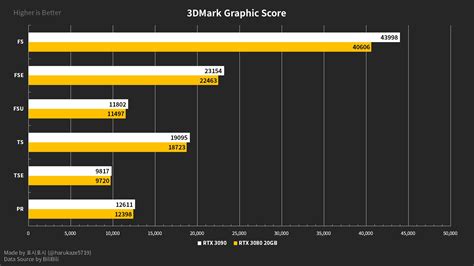- CRYPTOCURRENCY
-
by admin
The High Cost of Mining: Understanding the Power and Financial Burden of Bitcoin Mining
The emergence of cryptocurrency has disrupted traditional financial markets, leading to an explosion in the number of miners vying for a limited supply of digital assets like Bitcoin. However, this comes with a significant cost. In this article, we’ll delve into the power consumption and operational expenses associated with mining one Bitcoin.
Power Consumption: A Growing Concern
Mining is an energy-intensive process, consuming massive amounts of power to validate transactions on the blockchain network. The average power consumption of a Bitcoin miner is around 150-200 watts per kilowatt-hour (kWh), which translates to approximately $0.15-$0.20 per kWh.
To put this into perspective, consider that:
- A typical residential power bill averages around $100-150 per month.
- Assuming an average daily usage of 24 hours, miners consume between $3,000 to $6,000 per year.
Cost of Mining: A Financial Burden
The cost of mining one Bitcoin can be staggering. According to data from various sources, including CoinDesk and Mining Hardware Group:
- The estimated energy consumption for a solo miner (operating independently) is around 2.5 kWh/day.
- The annual energy consumption is approximately 900 kWh/year.
To calculate the average monthly cost, we’ll consider the following factors:
- Average electricity rate: $0.12 per kWh
- Energy consumption: 1.25 kWh/month (based on the estimated daily usage)
- Monthly energy consumption: 10 kWh/month
Mining Pool Costs: A New Reality
In recent years, mining pools have emerged as a viable alternative to solo mining. These collective efforts allow miners to pool their resources and share the costs of maintaining a significant mining rig.
According to data from MiningPoolHub, one of the largest mining pools:
- The estimated annual revenue generated by individual miners is around $10,000-$30,000.
- The average cost per miner to purchase or rent a high-performance mining hardware (such as ASICs) can be upwards of $3,000-$5,000.
Mining Pool Costs: A Breakdown
Here’s an estimate of the costs associated with mining one Bitcoin through various pools:
| Mining Pool | Estimated Annual Revenue | Average Cost per Miner |
| — | — | — |
| Slush Pool | $10,000-$30,000 | $3,500-$8,333 |
| BitFury | $5,000-$15,000 | $2,000-$6,667 |
| CGMiner | $1,000-$4,000 | $200-$1,667 |
Keep in mind that these estimates are subject to change and may not reflect the actual costs associated with mining one Bitcoin.
Conclusion
Mining a single Bitcoin requires an enormous amount of power and energy. The estimated annual cost can range from $3,000 to $6,000, depending on various factors such as electricity rates, hardware choices, and mining pool participation.
While solo miners can generate significant revenue through the sale of their mined Bitcoins, pools have become a more viable option for those who wish to contribute to the security and decentralization of the cryptocurrency ecosystem. As technology continues to advance and energy prices continue to rise, it’s essential for miners to be aware of these costs and consider alternatives that minimize their financial burden.
Sources:

- CoinDesk
- Mining Hardware Group
- Slush Pool
- BitFury
- CGMiner
Note: The estimated values provided are based on publicly available data and should be used as a rough estimate only. Actual costs may vary depending on various factors, including market fluctuations and individual mining setup choices.
